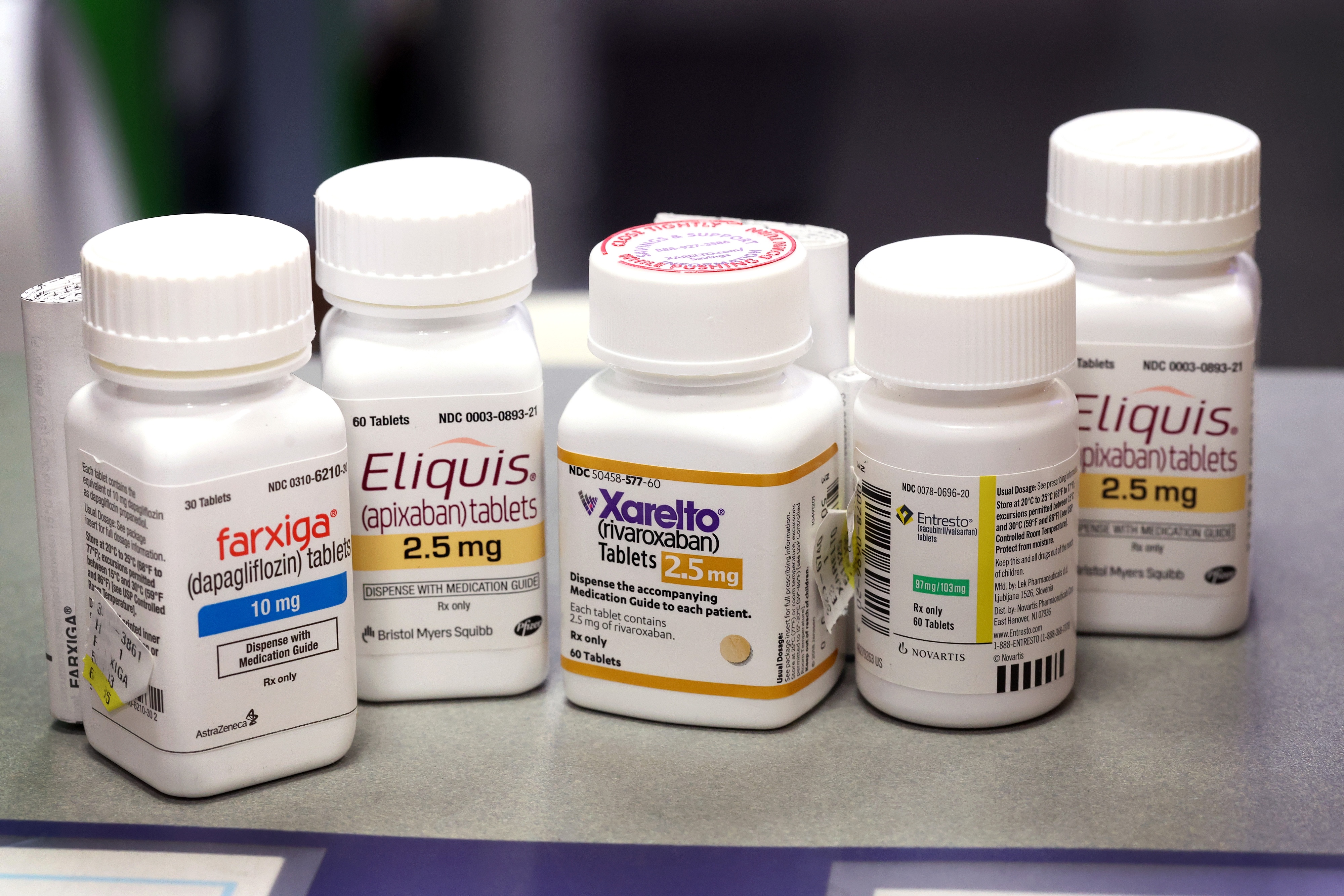6 ways the Biden administration is lowering drug prices for seniors [View all]
 https://www.washingtonpost.com/opinions/2024/04/30/drug-prices-medicare-biden-administration/
https://archive.ph/J6bUV
https://www.washingtonpost.com/opinions/2024/04/30/drug-prices-medicare-biden-administration/
https://archive.ph/J6bUV

Thanks to the
Inflation Reduction Act, one of President Biden’s signature achievements, prescription drugs are set to become substantially more affordable for seniors. Yet many Americans seem unaware of just how monumental these changes will be. Here are six things to look for:
1) Drug price negotiation. For the first time in history, Medicare can now negotiate directly with manufacturers. For the initial round of negotiations, the Centers for Medicare and Medicaid Services
chose 10 drugs that treat common health conditions, including cardiovascular disease, cancer and rheumatoid arthritis. Each of these medications costs consumers in the United States
three to eight times what
people pay in other countries. In 2022, Medicare paid an eye-popping
$46.4 billion for them. The impact to consumers is equally staggering. As CMS Administrator
Chiquita Brooks-LaSure told me, “Some of these drugs are thousands of dollars per year for people who depend on them to live.”
It will take some time for negotiated prices to take effect. Assuming the federal government prevails in the lawsuits filed by pharmaceutical companies, CMS expects lower prices to be in place in 2026. But that’s only the beginning. Ten more drugs will be
selected for 2026, going up to 15 for 2027 and then 20 per year from 2029and thereafter. The lower prices are
projected to save the federal government $100 billion over the next several years. Crucially, this means that the negotiations won’t just benefit people who are on these specific medications; the savings are passed along, indirectly, to everyone on Medicare.
2) A cap on out-of-pocket spending. While the IRA’s price negotiation provision has garnered the lion’s share of media attention, this change will have the most direct consequence for most seniors. In 2025, everyone with Medicare’s prescription drug benefit, called Part D, will pay no more than
$2,000 per year out of pocket for medications. CMS projects that
nearly 19 million seniors will save an average of $400 per year. But this number alone does not tell the full story. Brooks-LaSure shared with me that she recently met a woman with leukemia. “She’s spending $12,000, which was 13 percent of her gross income, just for one drug,” she said.
snip

